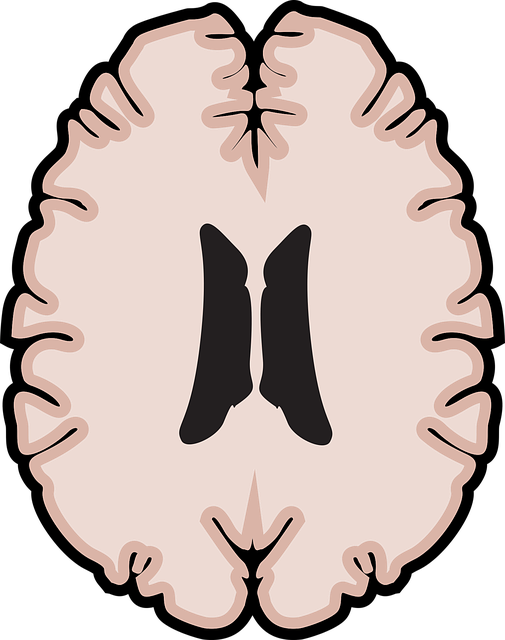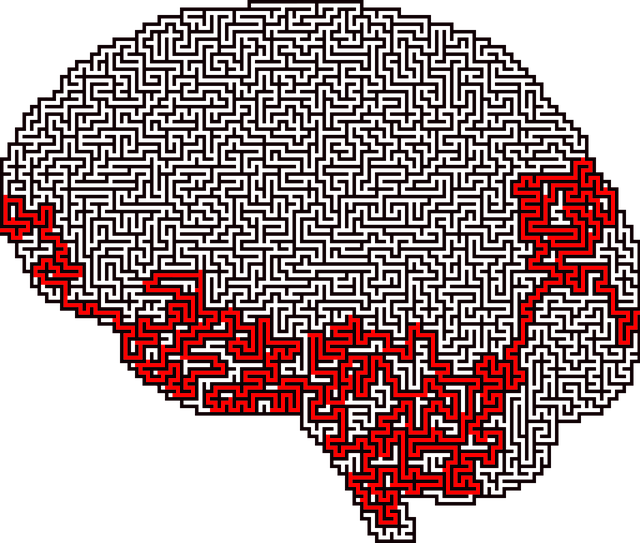Mental wellness program evaluation, using tools like Englewood Independent Medical Evaluations (IMEs), is a data-driven approach to enhancing therapy effectiveness and client well-being. IMEs provide neutral, comprehensive insights into participants' strengths, weaknesses, and areas for improvement, enabling therapists to tailor their approaches. Regular evaluations facilitate progress tracking, allow for timely plan adjustments, and are crucial in complex cases like trauma support and mood management. This process is beneficial for organizations like Englewood, ensuring appropriate care and fostering inclusivity through culturally sensitive practices and comprehensive reporting tailored to individual needs.
Mental wellness program evaluation is a crucial aspect of ensuring effective therapy and support for individuals seeking help. This comprehensive guide explores various methods to assess and measure the success of mental health initiatives, with a focus on the role of independent medical evaluations (IMEs) in therapy programs.
From understanding the fundamentals to implementing practical assessment techniques, this article delves into strategies that can enhance treatment outcomes, particularly through Englewood Independent Medical Evaluations Therapy.
- Understanding Mental Wellness Program Evaluation: A Comprehensive Approach
- The Role of Independent Medical Evaluations in Therapy Programs
- Effective Methods for Assessing and Measuring Treatment Outcomes
Understanding Mental Wellness Program Evaluation: A Comprehensive Approach

Mental wellness program evaluation is a multifaceted process that involves assessing the effectiveness and impact of interventions aimed at enhancing emotional regulation, mental health awareness, and inner strength development. It’s more than just measuring outcomes; it’s about understanding how programs support individuals in their journey towards holistic well-being. This comprehensive approach, often facilitated by independent medical evaluations, therapy sessions, and other evidence-based practices, plays a pivotal role in refining care strategies and fostering positive mental health outcomes.
Englewood Independent Medical Evaluations (IMEs) serve as a cornerstone of this evaluation process, offering neutral assessments that help identify strengths, weaknesses, and areas for improvement within wellness programs. By integrating IMEs with therapy sessions tailored to individual needs, mental health professionals can gain valuable insights into participants’ emotional responses, progress, and overall satisfaction. This data-driven approach ensures that programs are not only meeting but exceeding expectations in nurturing inner strength development and enhancing mental health awareness among all who participate.
The Role of Independent Medical Evaluations in Therapy Programs

Englewood’s independent medical evaluations play a pivotal role in enhancing therapy programs’ effectiveness and ensuring client well-being. These comprehensive assessments, conducted by qualified healthcare professionals, offer an unbiased perspective on an individual’s mental health status. By integrating such evaluations, therapy programs can tailor their approaches to meet specific client needs. For instance, identifying underlying conditions or co-morbidities through these independent medical examinations enables therapists to incorporate specialized treatments, enhancing the overall success of therapy.
Moreover, regular independent medical evaluations facilitate progress tracking and allow for timely adjustments in treatment plans. This is particularly crucial when addressing complex cases, such as those involving trauma support services or mood management. The Community Outreach Program Implementation benefits from these evaluations, ensuring that clients receive appropriate care while fostering a more inclusive and accessible environment.
Effective Methods for Assessing and Measuring Treatment Outcomes

Evaluating the effectiveness of mental wellness programs is paramount to ensuring positive treatment outcomes and client satisfaction. One robust method, employed by professionals at Englewood Independent Medical Evaluations, involves utilizing therapy session recordings and structured interviews. These techniques allow for detailed analysis of progress, identifying areas of success or concern, and tailoring interventions accordingly. By examining client narratives, behavioral changes, and symptom reduction, practitioners gain valuable insights into the impact of therapy.
Additionally, culturally sensitive approaches, as emphasized in Crisis Intervention Guidance, play a crucial role in accurate assessment. Recognizing individual cultural backgrounds and integrating relevant therapeutic frameworks facilitates a deeper understanding of clients’ experiences. This consideration, coupled with the development of inner strength, as advocated for in mental healthcare practices, empowers evaluators to create comprehensive reports that reflect the unique needs and progress of each client.
Mental wellness program evaluations are pivotal for ensuring effective treatment and patient improvement. By employing comprehensive approaches, independent medical evaluations, and robust outcome assessment methods, such as those offering insights into Englewood Independent Medical Evaluations therapy, we can tailor interventions to meet individual needs. This multi-faceted evaluation process not only enhances the quality of care but also paves the way for continuous improvement in mental health support systems.














